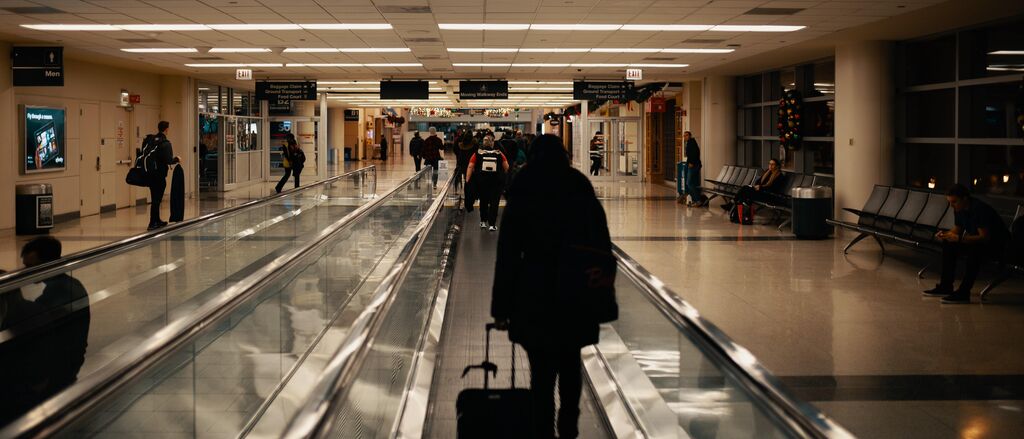
Things That Are Counted as Liquids on Aircraft | Flight-delayed.co.uk
Tuesday, January 17, 2023
As travellers, we are all familiar with the restrictions on liquids in our carry-on luggage when flying. But did you know that the definition of "liquids" in this context is not limited to just water and the usual suspects? Many items are considered liquids by the security personnel at airports and are subject to the same restrictions.
Did you experience a delayed or cancelled flight in the last 6 years? You still have time to claim flight compensation and receive up to €600 per passenger! |
Cosmetic items
Since many cosmetics have the ability to melt or turn into liquids at high temperatures, such as lip gloss and mascara, they are often regarded as liquids while travelling by air. In order to facilitate inspection, these things must be packed in a quart-sized bag and are therefore subject to the same limitations as other liquids.
Hygienic products
On airplanes, a lot of personal hygiene products, such as toothpaste and hand sanitizer, are also regarded as liquids. The airport officials at the security checkpoint must be informed of the presence of these substances, even though they can be carried in containers with a capacity of up to 100ml.
Spreadable snachs
Spreads that are edible, such as peanut butter and jelly, are regarded as liquids when flying. Even soft cheese like Brie counts too! This is due to the fact that they are regarded as a particular kind of gel-like substance that can leak or spill, much like other liquids like water, soda, or juice. As a result, when travelling through airport security, edible spreads must be packed in containers that are 3.4 ounces or less and put in a clear, quart-sized bag alongside other liquids and gels.
Do these rules apply to all forms of luggage?
It's important to remember that the limitations on liquids only apply to carry-on luggage; if you wish to bring greater quantities of these items, you can still do so and store them in your checked luggage.
What can you, a traveller, do to make the situation better?
One way to make the situation better is to consider purchasing solid cosmetic items instead of liquid ones. This will not only make it easier for you to comply with the restrictions on liquids, but it will also reduce the risk of your items being damaged or leaking during the flight.
Another option is to take advantage of the duty-free shops at the airport and purchase any liquids you may need for your trip. This will not only allow you to purchase larger quantities, but it will also save you money on taxes and duties.
The final tip is to take an empty water bottle with you through security and then fill it up periodically afterwards to avoid overpaying to purchase a new one later. Thankfully, many airports have water bottle stations and fountains spread throughout before and after security.
How does knowing this information help air passengers?
In conclusion, it's important to be aware that the restrictions on liquids on aircraft apply to more than just drinks. Apart from the typical suspects, certain cosmetics and hygienic products are also considered liquids and must be placed in a quart-sized bag for inspection; this is a requirement of airport security to ensure the security of the passengers and personnel on board the aircraft. By being prepared and considering alternative options, you can make the situation easier for yourself and comply with the restrictions without any issues. Take note that the regulations are dependent on the country and thus differ in importance. For example, in Amsterdam, the Netherlands, airport security doesn’t ask passengers to remove liquids from their bags due to their scanning system, meaning the 1L clear plastic bag per person does not apply. It is always recommended to research the airport beforehand to know what to expect when travelling!



Did you like this content ?
Thanks you made our day!
Therapy is expensive - help us be better!
Well received, thanks!